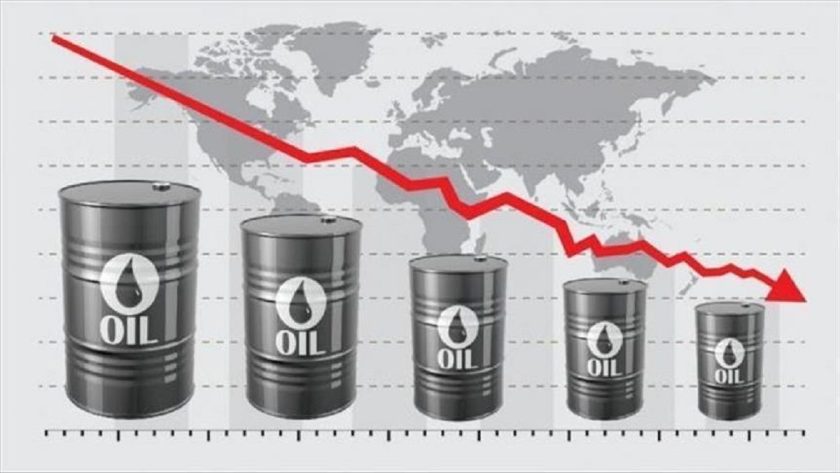Oil Prices Dip despite Libya’s Move to Shutdown Export
In the global commodities market, prices of crude oil have fallen, edging down after a day-prior gain of 3.5% spurred by reports one of Libya’s competing governments is shutting off oil exports in a fight to control the country’s central bank.
At the last look, US West Texas Intermediate (WTI) crude oil for October delivery was last seen down US$0.51 to US$76.91 per barrel, while October Brent crude, the global benchmark, was down US$0.46 to US$80.97.
The eastern-based Libyan Government, headed by Osama Hammad has declared ‘force majeure’ in all oil fields, ports, and institutions and the suspension of oil production and exports due to disagreements over the management of the Central Bank on Monday.
Hammad claimed that the ‘takeover council’ appointed by the Presidential Council had ‘raided’ the Central Bank in Tripoli.
Arguing that the intervention in the Central Bank led to a complete halt in all financial transactions of the state, Hammad decided to stop oil production and exports until further notice.
The status of Libya’s 1.1-million barrels per day of exports is in doubt as the country’s eastern government, which controls the bulk of the country’s oilfields, on Monday declared force majeure on exports as it seeks to gain control of the country’s central bank and oil revenue, Bloomberg reported.
The shutdown of exports removes barrels from a tight physical market, but the country has been an unreliable supplier amid its domestic squabbles.
“Libya’s Eastern government said it would stop all oil production and exports, as the struggle with its Tripoli-based rival for control of the central bank and the nation’s oil wealth heats up. This potentially threatens another conflict which, during the past decade, has seen production from this oil-rich nation gyrate between near-zero barrels to around 1.2 million barrels per day,” Saxo Bank noted.
Still, the removal of Libyan supply only pushed oil prices to a nine-day high as China’s sagging economy remains in focus on weak demand growth from the No.1 importer, while OPEC readies to return more than two-million barrels per day of production cuts to the market in the fourth quarter, depending on market conditions.
“Supply concerns surrounding oil-producing regions … tend to provide temporary price support unless output is meaningfully impacted, consequently, it will probably not be long before the focus shifts back to the underlying supply-demand oil balance effectively capping any attempt to send prices spiraling out of control,” PVM Oil Associates noted.
The ongoing conflicts in the Middle East and OPEC+ tight output have continue to keep prices higher. Israeli –Hamas failed ceasefire talks raise supply risk for the market amidst positive demand expectation in the US.
In a latest development, the heads of churches in Jerusalem expressed deep concern over Israel’s ongoing war on Gaza, calling on the parties to quickly reach an agreement for a cease-fire.
In a statement, the Patriarchs and Heads of Churches in Jerusalem said that despite repeated calls for a cease-fire and de-escalation, ‘the situation in our beloved Holy Land (Palestine) has only continued to deteriorate.’
They urged ‘the warring parties to heed our calls and those of the international community (UNSC Resolution 2735) to reach a rapid agreement for a cease-fire’ that could end the war, release all captives, and return displaced people to their homes and areas.
Meanwhile, Russian airstrikes targeting the energy infrastructure in Ukraine lent upward support to oil prices. Ukrainian Prime Minister Denys Shmyhal said that various types of drones and missiles were used by Russia, adding that Ukraine’s power grid operator Ukrenergo has been forced to introduce emergency power cuts to stabilize the country’s energy system.
Describing the attack as ‘one of the largest’ in a statement on X, Ukrainian President Volodymyr Zelenskyy, went on to say that there is’significant damage’ to Ukraine’s energy infrastructure and called on Western partners to lift restrictions on using long-range capabilities.

